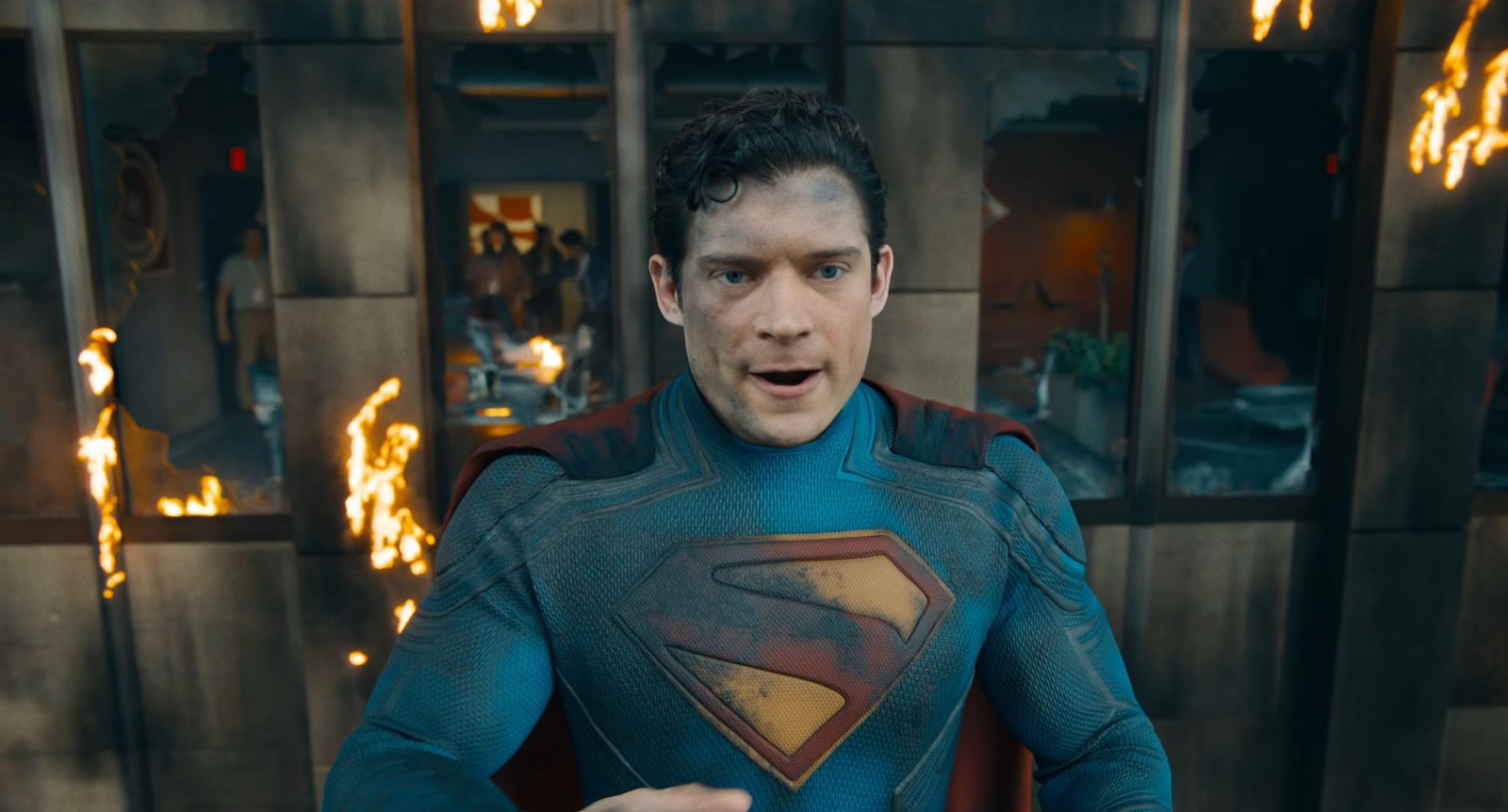In a world where superheroes once reigned supreme at the box office, the invincibility of characters like Superman is being challenged—not by alien foes or cunning villains, but by an invisible force far more pervasive: the decline of the traditional movie theater experience. While Superman may fly faster than a speeding bullet, even he can’t escape the gravity pulling the cinema business into an era of unprecedented uncertainty. What was once a vibrant hub of community storytelling and shared entertainment is now facing economic, technological, and cultural threats that are redefining how we consume visual narratives.
The Golden Age and the Fall
For decades, going to the movies was not just an outing—it was a ritual. People lined up around the block to see the latest blockbuster or romantic comedy, eagerly anticipating trailers and overpriced popcorn. Superhero films, especially those featuring icons like Superman, Batman, and Spider-Man, were the modern mythologies that captivated audiences of all ages. These films didn’t just rake in billions globally; they symbolized Hollywood’s creative peak and financial muscle.
However, the golden age of cinema has been dimming over the past decade. The pandemic accelerated this shift dramatically. With lockdowns in place and public gatherings restricted, cinemas around the world were forced to shutter. Streaming platforms stepped in to fill the void, offering instant access to content without the need for public exposure. This emergency solution became a permanent alternative for many viewers.
Streaming: The New Fortress of Solitude
Superman’s Fortress of Solitude was once an unreachable sanctuary; today, audiences have built their own in the form of home entertainment systems, smart TVs, and on-demand streaming services. Platforms like Netflix, Disney+, and HBO Max have not only transformed how we watch but also how stories are made and distributed. Why go out when you can get the same (or better) experience at home?
This convenience has become kryptonite for cinemas. Studios, now owning their own streaming platforms, have grown less reliant on theatrical releases to break even or profit. Day-and-date releases—where a film is released simultaneously in theaters and on streaming—further diminish the incentive to go out. The cinematic window has collapsed from several months to a few weeks, and in some cases, just days.
The Economics of Shrinkage
The economics of running a theater have never been more strained. High overhead costs, employee wages, rent, and film distribution fees leave little room for error. Add to this the dramatic reduction in foot traffic, and many cinemas—especially independent or small-town venues—find themselves teetering on the edge of bankruptcy.
Superhero films were once the reliable saviors of the box office, but even their power is waning. Recent DC and Marvel releases have underperformed, failing to generate the hype and repeat viewership of their predecessors. Franchise fatigue has set in. Audiences crave originality, but studios remain risk-averse, recycling the same formulas in hopes of predictable returns. As a result, both innovation and attendance suffer.
Changing Audience Behavior
There’s also a profound cultural shift taking place. Younger generations, raised on TikTok, YouTube, and gaming, are less inclined to spend two or three hours in a theater. The attention economy has created an audience accustomed to instant gratification and bite-sized content. For them, the theater may seem outdated—an inefficient and expensive way to be entertained.
Furthermore, the social nature of media consumption has changed. Where moviegoing was once a collective experience, many now watch shows and films alone or in small groups, often while multitasking. The loss of that shared, immersive experience undermines the unique emotional resonance that only a dark theater can provide.
The Rise of Niche and Event Cinema
Not all hope is lost, though. Cinemas are fighting back, not by competing with streaming services head-on, but by rebranding the moviegoing experience. Luxury seating, gourmet food, live Q&A sessions, and special format screenings (like IMAX or 4D) are ways theaters attempt to lure audiences back. Art house cinemas and local venues that focus on indie films or cult classics are carving out niche markets that prioritize community and curation.
Event cinema—where movies are part of a larger experience—has also shown promise. Concert films, live sports broadcasts, and anniversary re-releases of beloved classics are increasingly popular. These one-night-only events can’t be replicated at home and offer a sense of urgency and exclusivity that typical releases now lack.
Superman’s Struggle Mirrors a Larger Fight
The image of Superman fighting to save a collapsing world resonates more deeply today than ever before. Just as Clark Kent grapples with a dual identity, so too must the cinema business navigate its transformation. Is it a dying relic or a reinvention waiting to happen?
Superman himself has seen declining box office numbers. Films like “Man of Steel” and “Justice League” failed to capture the same magic as earlier superhero entries, and the character has struggled to resonate with younger audiences in a fragmented media landscape. In many ways, Superman is symbolic of the larger dilemma: beloved, powerful, iconic—but slowly being eclipsed by changing times and tastes.
What Lies Ahead?
The incredible shrinking cinema business isn’t just a story about economics or entertainment—it’s a cultural crossroads. Theaters must adapt or risk becoming museums of a bygone era. While streaming offers convenience, it can never fully replicate the magic of the big screen. The challenge lies in reminding audiences of that magic.
For Superman to soar again at the box office, and for cinemas to thrive, both the content and the experience must evolve. More inclusive storytelling, greater investment in original works, and immersive formats may hold the key. Just like any great superhero story, the current crisis presents an opportunity for transformation. The final act has yet to be written.
